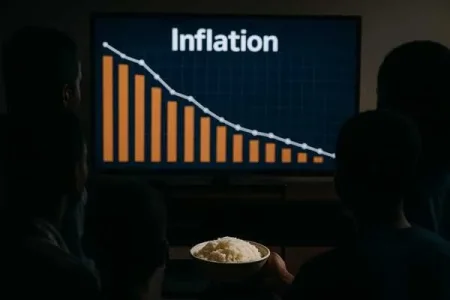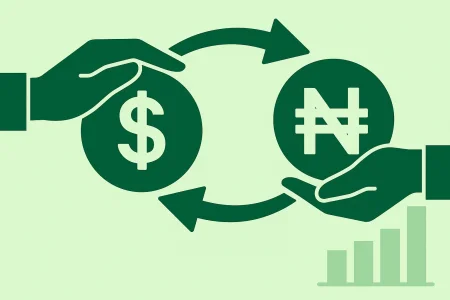
The recent US airstrikes on Iran’s nuclear facilities have set off a wave of global uncertainty, driving oil prices sharply upwards - a development that brings Nigeria short-term financial relief but long-term economic tension. While the naira may gain strength in the immediate aftermath, history warns that this “volatile windfall” could strain households and businesses already battling inflation.
Oil Price Surge, Naira Reprieve
Brent crude is projected to rise to $90–$100 per barrel following the strikes, with Nigeria’s Bonny Light trading at $78.62. For Nigeria, this could mean an uptick in foreign exchange inflows and government revenue, easing pressure on the naira, which recently gained ground in the official market.Inflationary Heat Rising
Yet, this boost comes with a catch. Higher global crude prices often translate into increased domestic fuel costs. With inflation already hovering near 23%, analysts warn of cascading effects on transportation, food, and general living costs, worsening Nigeria’s cost-of-living crisis.Limits to the Windfall
Despite higher oil prices, Nigeria struggles to fully benefit. Output remains below OPEC’s 1.5 million bpd quota, largely due to oil theft, pipeline vandalism, and underinvestment, all of which continue to limit production at around 1.45 million bpd.Lessons from the Past
Nigeria’s economic past offers sobering context: oil booms in 2022 and 2023 led to inflation spikes, not relief. Without structural reforms, higher oil revenue alone won’t insulate Nigerians from worsening economic pressure.Dangote Refinery: A Pressure Valve?
A rare bright spot is the Dangote Refinery. By ramping up local crude refining and reducing petrol imports, it may help cushion the inflationary impact of global price hikes, potentially curbing imported inflation.Implications for Nigerians and Businesses
- Rising Living Costs: Petrol hikes could raise transport, food, and utility prices, worsening inflation for everyday Nigerians.
- Business Strain: Fuel-dependent businesses face increased operating costs, shrinking margins, and possibly rising consumer prices.
- Naira Volatility: Gains in official markets may be short-lived, with parallel markets reflecting ongoing demand pressures.
- Investment Risk: Geopolitical uncertainty may spook investors, despite revenue gains.
- Fiscal Room: The government may benefit from extra dollars, but with limited production, gains may fall short of expectations.
When has a global event brought both hope and hardship to your doorstep, reminding you what Global Ripples, Local Strain feels like?
Sources: BusinessDay, Vanguard, SBM Intelligence, NUPRC, Renaissance Capital Africa




